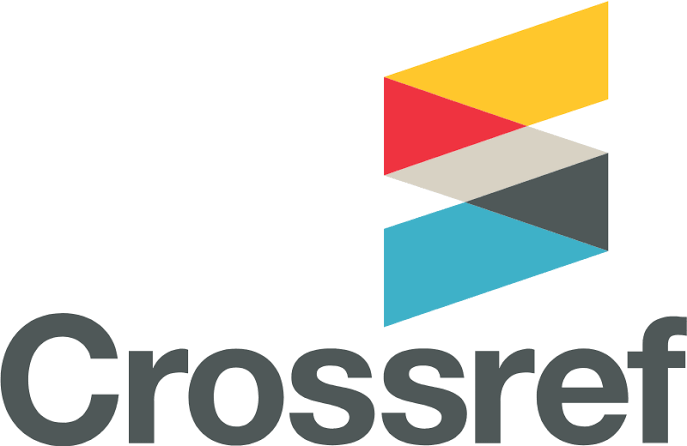DEPLOYMENT OF ARTIFICIAL INTELLIGENCES FOR FRAUD DETECTION AND PREVENTION IN TERTIARY EDUCATION IN NIGERIA
DOI:
https://doi.org/10.59795/m.v2i3.193Keywords:
artificial intelligence; fraud detection; academic integrity; anomaly detection; Nigeria; predictive analytics; plagiarismAbstract
Fraud undermines the credibility and effectiveness of tertiary education in Nigeria, manifesting in examination malpractice, certificate forgery, academic dishonesty, and financial mismanagement. With traditional oversight proving insufficient against complex, evolving fraud schemes, Artificial Intelligence (AI) presents promising tools for detection and prevention. This chapter examines how AI methods—such as plagiarism detection by natural language processing, anomaly detection in financial and academic data, predictive modelling, and biometric authentication—can strengthen academic integrity and transparency among Nigerian universities and colleges. Drawing on recent empirical studies, it outlines both opportunities (automated monitoring, pattern recognition, scalable oversight) and constraints (data quality, technical capacity, cost, ethical considerations like privacy and fairness). The chapter then proposes strategies for effective deployment: invest in data infrastructures; build local AI expertise; adopt ethical governance frameworks; implement hybrid systems combining human oversight and AI; and engage stakeholders in policy and procedure design. If these are well implemented, AI can become a powerful ally in preserving fairness, credibility, and excellence in Nigeria’s tertiary education system.
Downloads
Published
How to Cite
Issue
Section
License
Copyright (c) 2025 Multi-Disciplinary Research and Development Journals Int'l

This work is licensed under a Creative Commons Attribution-NonCommercial-NoDerivatives 4.0 International License.












